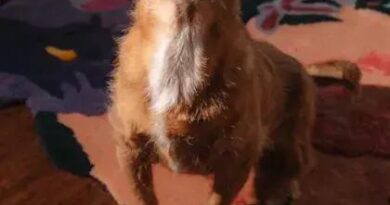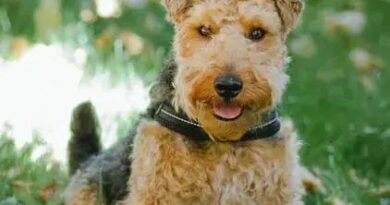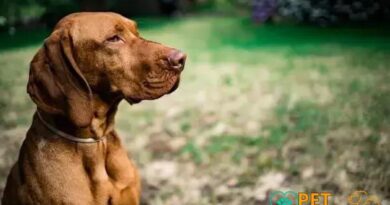What is house training puppies
What is House Training Puppies?
House training puppies refers to the process of teaching young dogs to relieve themselves in appropriate places, typically outside. This essential training helps to establish good habits and ensures that your home remains clean and odor-free. Understanding the fundamentals of house training is crucial for any new puppy owner, as it sets the foundation for a well-behaved adult dog.
The Importance of House Training
House training is not just about preventing accidents in your home; it plays a vital role in the overall development of your puppy. Proper training fosters a strong bond between you and your pet, enhances their confidence, and promotes a sense of security. Puppies that are house trained are generally happier and more relaxed, knowing they have clear guidelines for their behavior.
When to Start House Training
The ideal time to start house training your puppy is as soon as you bring them home, usually around eight weeks of age. At this stage, puppies are eager to learn and adapt quickly to new routines. Early training helps to instill good habits and reduces the likelihood of developing bad behaviors later on. Consistency and patience are key during this formative period.
Understanding Your Puppy’s Needs
To effectively house train your puppy, it’s essential to understand their natural instincts and needs. Puppies typically need to relieve themselves after eating, drinking, playing, or waking up. By observing your puppy’s behavior and recognizing these signs, you can anticipate when they need to go outside, making the training process smoother and more effective.
Establishing a Routine
Creating a consistent routine is crucial for successful house training. Take your puppy outside at regular intervals, such as first thing in the morning, after meals, and before bedtime. By establishing a predictable schedule, your puppy will learn when to expect bathroom breaks, which helps reinforce good habits and reduces the chances of accidents indoors.
Choosing the Right Location
When house training your puppy, it’s important to select a designated outdoor spot for them to relieve themselves. This location should be easily accessible and away from high-traffic areas. By consistently taking your puppy to the same spot, they will associate that area with bathroom breaks, making the training process more effective.
Positive Reinforcement Techniques
Using positive reinforcement is one of the most effective methods for house training puppies. Whenever your puppy successfully relieves themselves outside, immediately reward them with praise, treats, or playtime. This positive feedback encourages them to repeat the behavior, reinforcing the connection between going outside and receiving rewards.
Dealing with Accidents
Accidents are a normal part of the house training process, and it’s important to handle them calmly and constructively. If your puppy has an accident indoors, avoid scolding them, as this can create fear and confusion. Instead, clean the area thoroughly to eliminate odors and redirect your puppy outside when they show signs of needing to go.
Common Challenges in House Training
House training can come with its share of challenges, such as stubbornness, fear of the outdoors, or distractions. Understanding these potential issues and being prepared to address them is essential. Patience and persistence are key, as every puppy learns at their own pace. If challenges persist, consider seeking advice from a professional trainer.
When to Seek Professional Help
If you find that house training your puppy is proving to be particularly difficult, it may be time to consult a professional dog trainer or behaviorist. They can provide tailored guidance and strategies to help you and your puppy succeed. Early intervention can prevent long-term issues and ensure a happy, well-adjusted pet.



